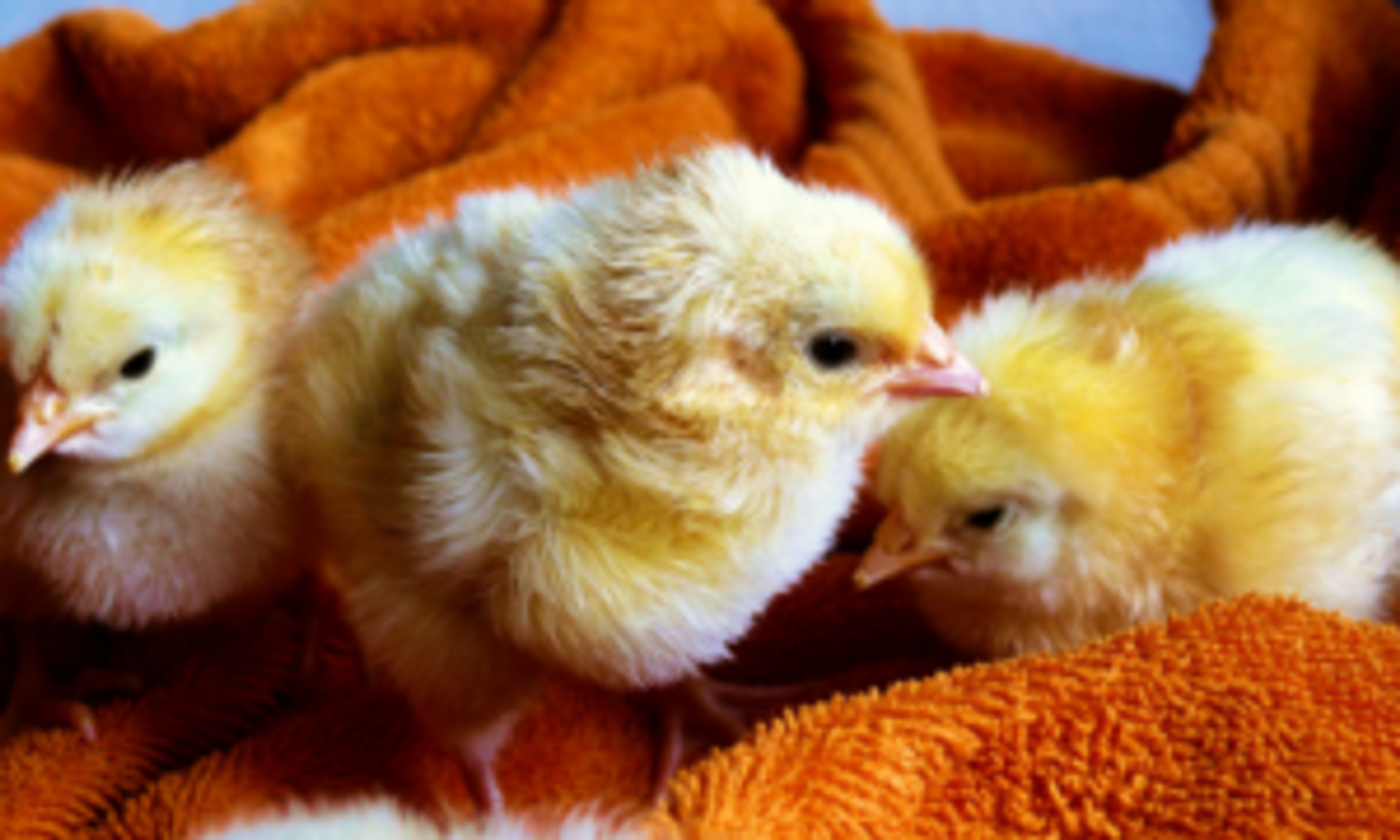The Most Common Chick Diseases
Chicks, like all baby animals, face threats from various diseases and infections. Among the common chicken diseases, the close quarters of a brooder make it easy for diseases to spread quickly, especially among young chickens.
This quick transmission can hurt your young flock before they even get the chance to spread their wings. Reduce the risks by learning the symptoms, treatments, and prevention methods for the most prevalent chick ailments.
When you can catch warning and clinical signs and take action early, you can protect your young chicks and help them mature into successful, clucking adult birds. Help preserve your domestic poultry with this overview of three chick diseases and their treatments.

Marek’s Disease
One of the most common chick diseases is Marek’s disease, a viral infection that targets young birds from about three to thirty weeks old. Infected birds can show symptoms affecting their skin, eyes, internal organs, and nerves, causing tumors that can eventually lead to paralysis.
Unfortunately, there is no cure for Marek’s disease. However, the good news is that there is a vaccine for marek’s disease you can give to newborn chicks and adult chickens. You should also ensure you maintain a clean coop and equipment so the virus doesn’t spread throughout your flock.
Coccidiosis
Coccidiosis, a bacterial disease, targets your chicks’ intestines, impairing their ability to absorb nutrients from their food. Your birds can catch this disease through the infected droppings of another bird in the flock, making it essential to keep your brooders—especially food areas—clean to help prevent the spread of the disease.
There are six different species of the coccidiosis parasite, implying that your birds might develop immunity to one strain but still fall prey to another. Thankfully, the ailment can be treated with antibiotics and other medications.
Roundworm
Roundworms are another intestinal threat, with the potential to cause chronic respiratory disease in young chickens. Like coccidiosis, the primary symptoms of roundworm include diarrhea and weight loss. If left untreated, these parasites can cause a potentially fatal blockage in the chicks’ guts. Fortunately, a solution exists: you can safeguard your backyard chickens by administering a monthly dose of piperazine to their water supply.
While some chick diseases can be tackled with vaccines or antibiotics, the most pivotal action to ensure the well-being of young birds is providing a safe and hygienic environment. Equip your brooders with feeders, waterers, and chicken coop heaters. Ensuring your baby chicks have clean bedding and excellent ventilation to maintain their home warm, dry, and sanitary is equally crucial.

What advice do you have to help a flock of newborn chicks? Share your tips and tricks in the comments below.

